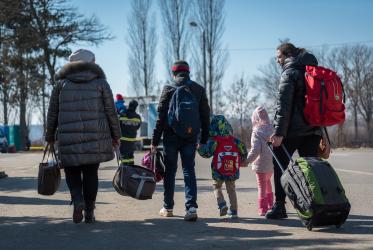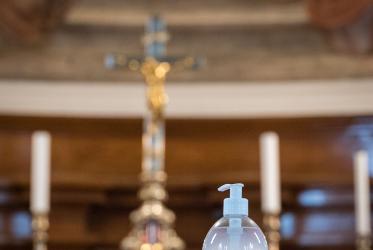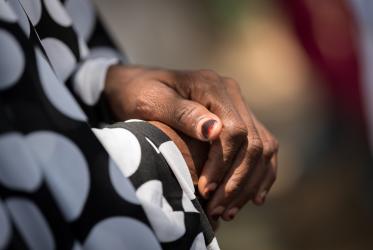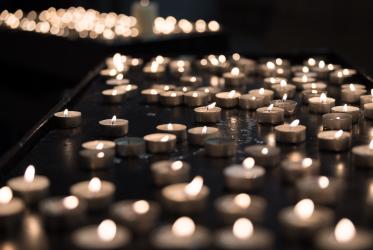Displaying 1 - 20 of 61
"A world free from nuclear weapons is possible"
11 September 2023
WCC honoured with Geneva Engage Award
01 February 2022
Markus Imhoof film receives human rights award
10 October 2019
Dealing with traumas and healing of wounds
04 June 2019

















